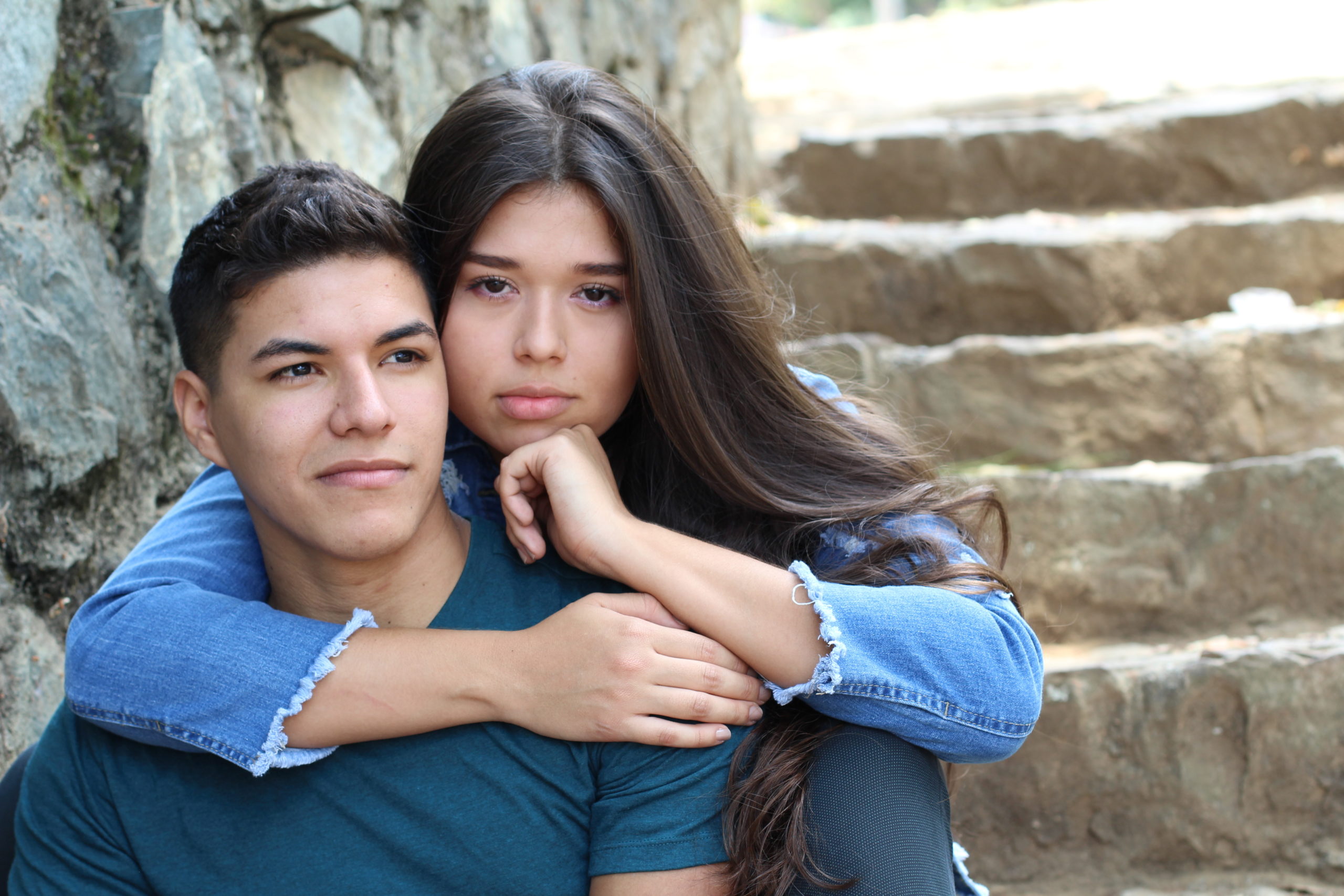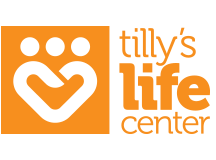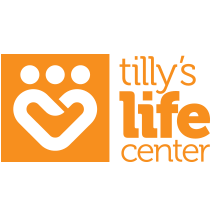
13 Apr Signs and Dangers of Codependency in Teens
Young love and friendship are often filled with beautiful experiences. While dependent relationships can be loving, supportive, and beneficial for both parties involved, codependent relationships can easily become unhealthy and even abusive. Codependent relationships often go unnoticed when loved ones see it as a powerful friendship, strong familial bond, or passionate romantic relationship. But left to fester, these unhealthy relationships can take a serious toll on their mental health, self-esteem, and ability to build an independent identity. As teens learn to navigate new relationships, it is important for parents and guardians to be able to recognize the signs and dangers of codependency in teens to offer help and mental health resources that encourage and empower healthy relationships.
Signs of Codependency
Remember, teens in codependent relationships can take on either role — as the independent or codependent person. They can even be mutually codependent. It is equally important to recognize a codependent relationship in all its forms and be prepared to help your teen make healthier choices for their relationship. Keep an eye out for these signs and behaviors, including:
- Overt and intense loyalty that reaches beyond necessary mutual respect and care.
- One or both teens think of themselves as difficult to love and have challenges with feeling worthy when not practicing selfless behaviors.
- Your teen is minimizing or dismissing the feelings of their friend or partner or vice versa.
- Excessive gift giving with the intent to sway feelings or opinions.
- Your teen is putting another person’s needs first while neglecting their own.
- Your teen or their partner exhibits decreased interests in activities, interests, or values outside of their relationship.
What Does Codependency in Teens Look Like?
Codependent relationships can come in many forms. Your teen might be experiencing codependency in a friendship, romantic relationship, or even with a family member. While a codependent person might appear to be helpful and kind, as they prioritize and take care of their loved one, it can quickly turn unhealthy if they begin to be taken advantage of or influenced into negative behaviors. Teens can enjoy the feeling of being needed (or being taken care of) allowing codependency to flourish.
While codependency in teens can occur among physically and mentally healthy individuals, it is commonly seen when a teen is exposed to a person with a mental health, physical health, or substance abuse problems. A friend, family member, or partner might encourage your teen to either engage in unhealthy activities or behaviors with them or to look after them while they do. In turn, your teen might adopt another’s habits or try to protect them by hiding the problem or helping the person in excessive ways. Teens can learn to deprioritize their own needs in order to focus on the wants or needs of another.
Signs of Serious Codependency
Even if you suspect that your teen is experiencing codependency, you might not be able to tell quite the extent of the toxic behavior. Look for these behaviors that could indicate if they are experiencing even deeper levels of codependency:
- Excessively avoiding situations of conflict or confrontation
- Engaging in behaviors for another person that make them feel uncomfortable
- Being frequently upset after seeing their friend, partner, or family member
- Isolating themselves from others that they used to enjoy spending time with
- Lying to protect someone else or asking you to lie for them
While these behaviors are not always linked to codependency in teens, they can be a good place to start when deciding whether it is time to approach the subject with your teen. When guardians recognize an unhealthy relationship early on, it can be easier to offer help.
Teen Mental Health Resources
Codependency can be extremely damaging to teens, especially over time. Even if it seems harmless now — toxic, abusive, or self-harming behaviors could be happening behind closed doors or evolve into worse in the future. It is vital that teens have the resources they need to overcome unhealthy relationships and support their mental health and wellness.
Even though codependency in teens is not seen as a disorder, it can still cause or be caused by serious mental health concerns. If you suspect your teen is in a toxic relationship, you can provide a wealth of mental health resources for teens that enlighten and empower them to improve the positivity of their relationships and prioritize self-care. Teens can go to therapy, join support groups, use self-help materials, talk to a trusted advisor, or utilize teen mental health curriculum.
At Tilly’s Life Center, our mission is to help teens live healthy, fulfilling lives filled with positive and mutually beneficial relationships. To support young people in growing and learning healthy habits, we provide curriculum that can serve as vital mental health resources for teens. To learn more, visit us at www.tillyslifecenter.org.


